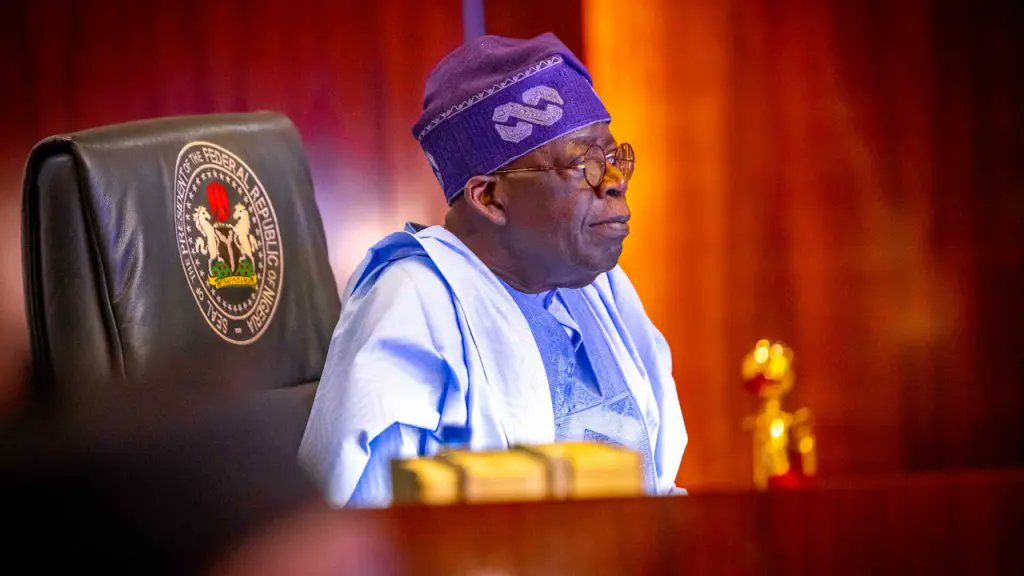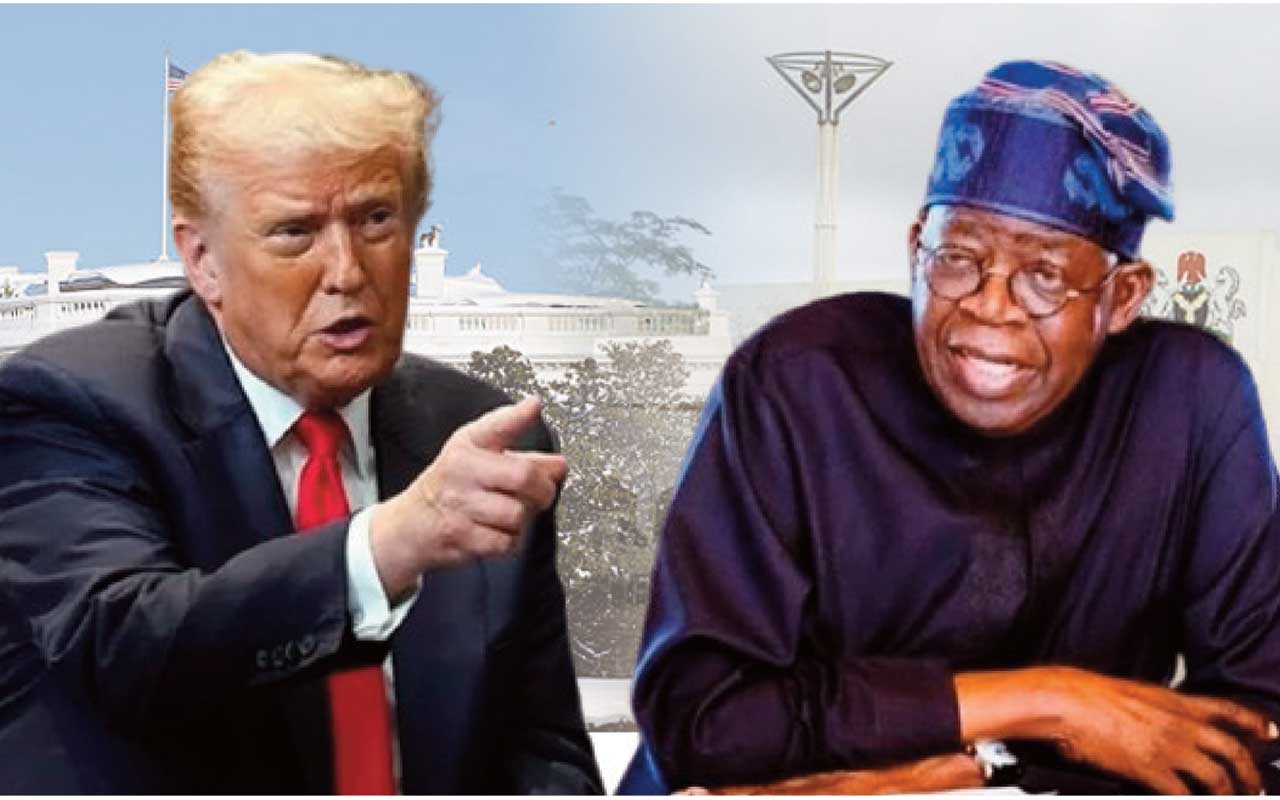President Bola Ahmed Tinubu has declined to assent to two bills recently passed by the National Assembly, citing provisions that conflict with existing laws, undermine fiscal discipline, and could create unsustainable precedents in public administration.
The development was formally conveyed to lawmakers on Tuesday when Senate President Godswill Akpabio read the President’s letters during plenary.
Tinubu explained that while he acknowledged the intent of the Nigerian Institute of Transport Technology (Establishment) Bill, 2025, and the National Library Trust Fund (Establishment, etc.) Amendment Bill, 2025, both contained clauses that could compromise transparency, economic stability, and good governance if enacted in their current form.
On the Transport Technology Bill, the President objected to provisions introducing unauthorized levies on trade, uncontrolled borrowing, and the power to invest government appropriations in securities.
He particularly faulted Section 18(4a) of the bill, which sought to fund the institute through “1% of the freight on every import and export” without Federal Executive Council approval, warning that such a levy would overburden businesses and create an unregulated revenue stream outside the national budgetary process.
Tinubu also criticized Section 20, which allowed the institute to borrow up to ₦50 million without presidential consent, describing it as a loophole that could enable repeated borrowing below the threshold to evade oversight.
Similarly, he described Sections 21 and 23 — which empowered the institute to invest government-appropriated funds as “fiscally dangerous,” stressing that the institute is not a revenue-generating agency.
“These provisions, if allowed, would not only undermine fiscal discipline but also create opportunities for financial abuse. For these reasons, I withhold my assent to the bill,” Tinubu stated.
In a separate letter regarding the Library Trust Fund Amendment Bill, the President noted that while the bill’s objectives were commendable, certain provisions conflicted with established federal laws and policies.
He cited sections addressing agency funding, taxation of national entities, staff remuneration, and tenure or age limits for service, warning that these could set a precedent “unsustainable and against the public interest.”
“For these reasons, I cannot grant presidential assent to the bill in its present form. I urge the Senate to revisit and address the identified issues,” the letter read.
After reading the correspondence, Senate President Akpabio commended President Tinubu’s diligence and directed relevant committees to review and rework the affected bills.
“This demonstrates the seriousness with which Mr. President is reviewing every legislation we pass. It is now our responsibility to carefully address the issues he has raised,” Akpabio said.
The Senate referred the Transport Technology Bill to the Committee of the Whole for further legislative action, while the Library Trust Fund Bill was sent to the Committees on Special Duties and Establishment and Public Service Matters for review.






